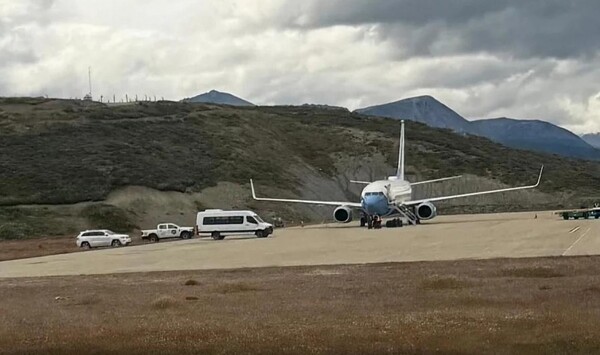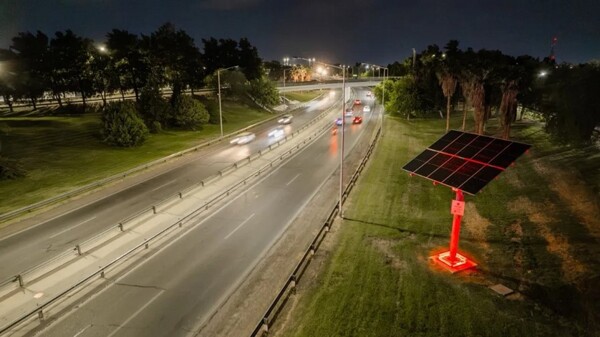
Buenos Aires, November 6, 2025 – In a new episode of geopolitical tensions involving the government of Javier Milei's foreign agenda, authorities from the National University of San Juan (UNSJ) and the provincial executive categorically denied the existence of an official directive to halt the construction of the Argentine-Chinese Radio Astronomy Complex (CART), an ambitious joint space project with China.
The controversy erupted in mid-September, when an essential shipment from China—including key components for the final assembly phase—was held up at the Argentine customs. With observational time already booked for international research, the standoff threatens to delay key discoveries in astrophysics at a time when the CART could position Argentina as a regional leader in radio astronomy.
Uncertainty persists, but voices from San Juan emphasize that without an explicit order, the project must move forward. Experts in international relations warn that halting the CART would not only affect scientific cooperation but could also erode Argentina's credibility as a neutral partner in the superpower competition.
"This involves two world powers, and it would not be prudent to interfere in diplomatic affairs," stated Orrego, highlighting the strategic value of the San Juan skies, considered among the purest on the planet for astronomical observations.
Jorge Castro, dean of the Faculty of Exact, Physical and Natural Sciences at UNSJ, clarified that the issue arose due to the inadvertent inclusion of personal items from Chinese technicians, such as toothbrushes, plates, and slippers, not declared in the cargo manifest. "This is a minor technical irregularity that could result in a fine, but nothing that justifies a total block," Castro explained.
China contributed the main technology, valued at around 20 million dollars, while the province of San Juan invested nearly 15 million in basic infrastructure like roads, electricity, data networks, and drinking water. While the shipment remains stranded, the San Juan scientific community continues to push for a swift resolution.














